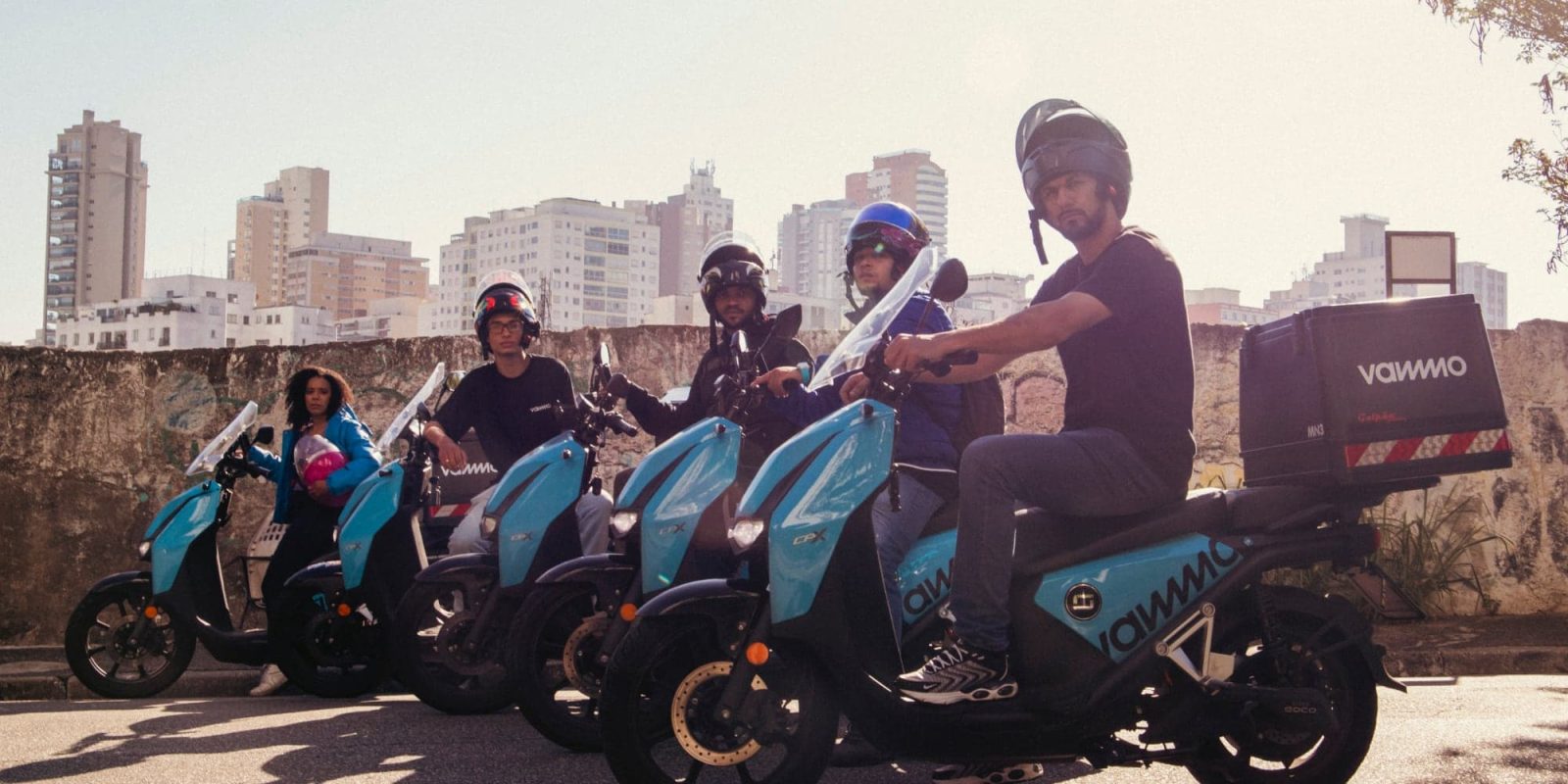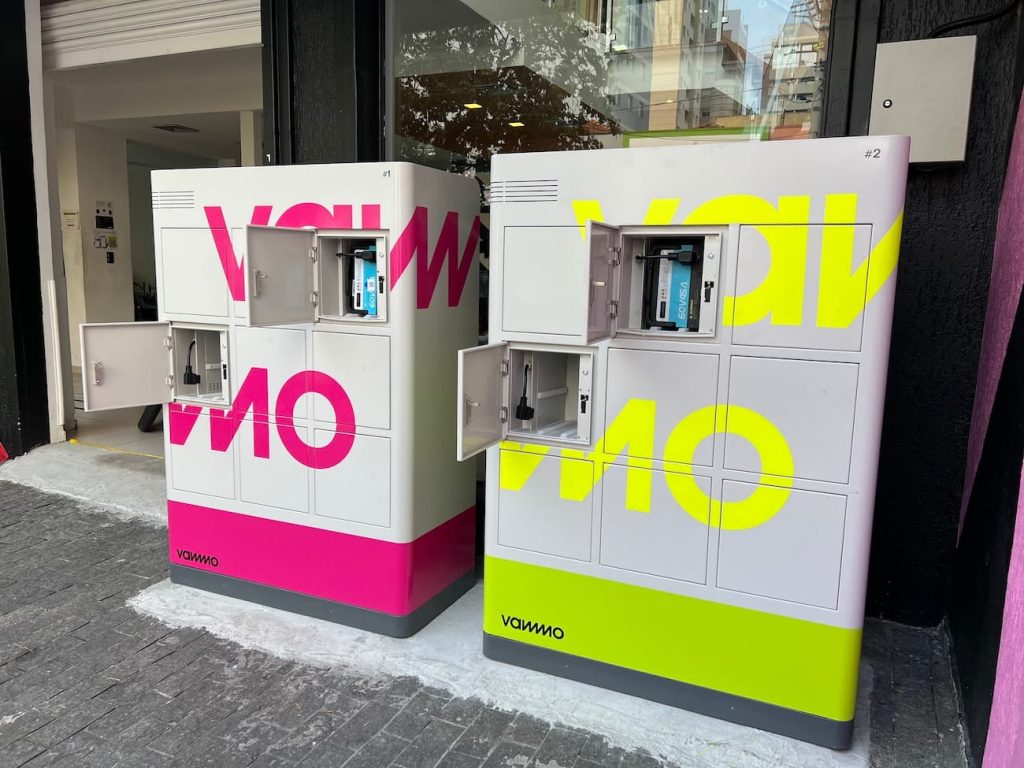
Brazil, a nation renowned for its vast landscapes and vibrant urban centers, is a fascinating case in the worldwide adoption of electric two-wheelers. Despite a robust two-wheeler market, with sales reaching approximately 1.9 million units in 2024, the adoption of electric motorcycles has been relatively modest. However, recent developments signal a shift towards electrification is gaining momentum and that the country is on the cusp of a significant transformation in its transportation sector.
That would come as welcome news, considering Brazil’s electric grid is already comprised of 90% renewable energy, making it ideal for a shift away from noisy, polluting motorcycles and towards electric alternatives.
In the first quarter of 2024, electric motorcycle sales in Brazil experienced a remarkable 105% increase compared to the same period a year before, totaling 3,452 units sold. This surge is attributed to a combination of factors, including heightened environmental awareness, urban congestion challenges, and the expansion of charging infrastructure.
The absolute sales numbers are small, sure. But that the rate of sales is increasing is a positive sign. And as InsightEV pointed out, despite the vast size of Brazil, with the 5th largest landmass in the world, the population of over 200 million is largely congregated along the eastern coast, with many in cities ideal for electric motorbike use.


Several companies are at the forefront of this electric mobility wave. Manufacturers like VMoto offer urban electric motorbikes designed with long ranges for commuters and utility riders, which have become the #1 bestselling electric models in Brazil. Local companies like Auper claim they’ll be able to offer homegrown high-performance electric motorcycles. At the same time, local startups like Vammo, which offers Gogoro-style battery swapping, have made those electric motorbikes even more useful by removing the need to charge their batteries. Instead, riders roll up to battery swap stations and ride away with a fully charged battery in less than a minute.
International players are also recognizing Brazil’s potential in the electric two-wheeler market. Yamaha, for instance, has announced plans to launch its Neo’s electric scooter in Brazil, marking its first electric scooter manufactured in the country. Production is set to commence in Manaus, leveraging the city’s strategic location and industrial capabilities.
As Brazil navigates this transition, a combination of government support, technological innovation, and market demand positions the country to become a significant player in the global electric motorcycle landscape. The coming years will be pivotal in determining the trajectory of electric mobility in Brazil, with implications for environmental sustainability and urban transportation efficiency. But with a large population concentrated in many coastal cities and a national grid that is almost completely based on renewable energy, few other countries currently such drastic advantages of two-wheeled electrification compared to Brazil.
FTC: We use income earning auto affiliate links. More.

